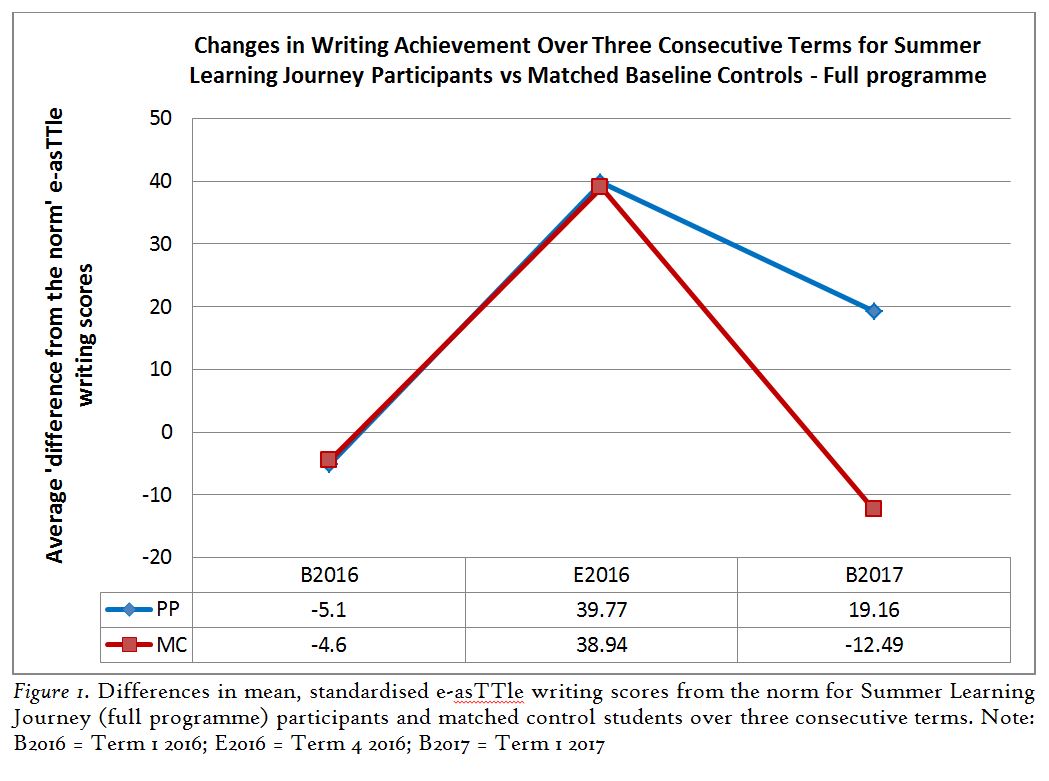Engaging with learners blogging across the MET schools who have participated in the Summer Learning Journey
(Twitter)
Glen Innes School
Glen Brae School
Glen Taylor School
Ruapotaka School
St. Patricks School
Point England School
Panmure Bridge School
St Pius School
Tamaki Primary School
Tamaki College
...................................................................................................................................................................
Summer Learning Journey
All too often, students leave school at the end of the year and don’t practice their reading or writing much over the summer holiday. When they return to school they struggle to remember what they learned the year before. To avoid this ‘summer slide’ or ‘slump’ in learning, staff at the Woolf Fisher Research Centre designed a fun and educational digital blogging programme called a Summer Learning Journey. Hear Hillary Barry and Jeremy Wells featuring our bloggers on Seven Sharp:
The programme has been highly successful, significantly raising reading and writing scores for those students who participate. And each year since 2015, the number of schools and students has grown. The popularity of the Summer Learning Journey programme has even led to the development of a Winter Learning Journey which ran in 2016 and 2017.
The programme is now in its fifth iteration, with another version of Summer Learning Journey being launched in December 2017 across six clusters of schools around the country. Soon, we will be set to go nationwide!
History 
The programme was first piloted at three Maniakalani cluster schools to provide students with an opportunity to practice their reading and writing over the holiday period. The theme of the programme was travel and adventure.
Students from Pt England, Tamaki Primary and Panmure Bridge schools logged onto the Summer Learning Journey site, learned about the people, customs and cultures in other countries, created learning outputs and then shared them on their blogs. At the end of the summer our students had completed 261 posts and provided 43 comments on one another’s blogs.
Not only did the students produce posts that had a high degree of fluency and accuracy (i.e. correct spelling, punctuation, and grammar), but they also reported significantly higher scores on their standardised (e-asTTle) writing tests in Term I of 2016 after completing the programme.


No comments:
Post a Comment